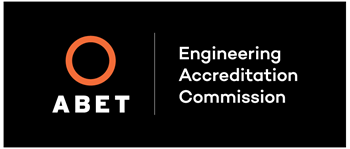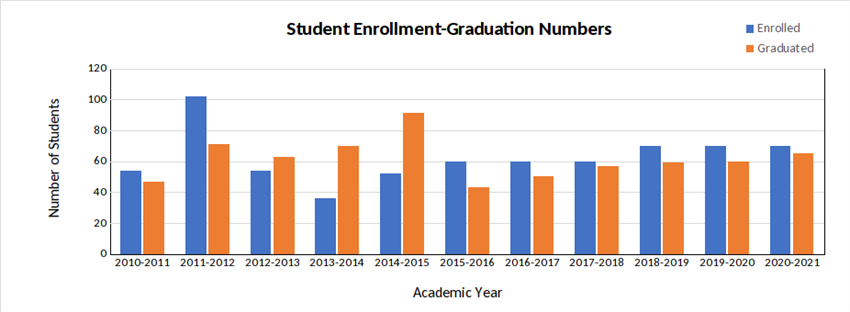 |
ITU Meteorological Engineering Undergraduate Program: Accredited by the Engineering Accreditation Commission (EAC) of ABET,https://www.abet.org,(Criteria: Meteorological Engineering). |
Related Links:
Program ABET Coordinators
Asst. Prof. Bahtiyar EFE
Phone: +90 212 285 3101/125
E-mail: efeba@itu.edu.tr
Dr. Filiz TÜRK KATIRCIOĞLU
Phone: +90 212 285 3440
E-mail: katirciogluf@itu.edu.tr
Mission of ITU Meteorological Engineering Undergraduate Program
The mission of the department is to educate individuals both in undergraduate and graduate levels for careers in the interdisciplinary fields of meteorology and atmospheric sciences; Equipped with contemporary knowledge and abilities, to conduct basic and applied research projects to contribute to the body of scientific knowledge and support the department’s education programs with an ultimate goal of serving for the well-being of the natural environments and mankind.
PEOs - Program Educational Objectives
The educational objectives of the Meteorological Engineering undergraduate program are for its graduates to achieve the following career and professional accomplishments in the field of meteorology and atmospheric sciences:
-
To build on solid quantitative background in basic science and engineering fundamentals with capability to employ analytical tools and techniques for professional practice or post-baccalaureate studies as their aptitudes and career goals may dictate.
-
To conceptualize, design, model, and analyze meteorological systems, with a broad understanding of atmospheric phenomena by illustrating meteorological applications to real life problems.
-
To exercise leadership in interdisciplinary environments to develop algorithms and to use atmospheric models in order to create new knowledge and to find solutions in atmospheric science problems.
-
To inspire graduates who will have the curiosity and desire of learning for earth- atmospheric sciences and to instill in them the ability, professional and ethical responsibility, self-confidence, and lifelong learning to be a part of the rapid and major changes so that they can effectively adapt to changing demands throughout their careers.
SOs – Student Outcomes (1 to 7)
-
An ability to identify, formulate, and solve complex engineering problems by applying principles of engineering, science, and mathematics.
-
An ability to apply engineering design to produce solutions that meet specified needs with consideration of public health, safety, and welfare, as well as global, cultural, social, environmental, and economic factors.
-
An ability to communicate effectively with a range of audiences.
-
An ability to recognize ethical and professional responsibilities in engineering situations and make informed judgments, which must consider the impact of engineering solutions in global, economic, environmental, and societal contexts.
-
An ability to function effectively on a team whose members together provide leadership, create a collaborative and inclusive environment, establish goals, plan tasks, and meet objectives.
-
An ability to develop and conduct appropriate experimentation, analyze and interpret data, and use engineering judgment to draw conclusions.
-
An ability to acquire and apply new knowledge as needed, using appropriate learning strategies.
E&G - Enrollment and Graduation Data
UPDATED: Enrollment and Graduation Data (2011-2021)

| Enrolled |
Graduated |
| Academic Year |
Number of Students |
Graduation Year |
Number of Graduates |
| 2010-2011 |
54 |
2011 |
47 |
| 2011-2012 |
102 |
2012 |
71 |
| 2012-2013 |
54 |
2013 |
63 |
| 2013-2014 |
36 |
2014 |
70 |
| 2014-2015 |
52 |
2015 |
91 |
| 2015-2016 |
60 |
2016 |
43 |
| 2016-2017 |
60 |
2017 |
50 |
| 2017-2018 |
60 |
2018 |
57 |
| 2018-2019 |
70 |
2019 |
59 |
| 2019-2020 |
70 |
2020 |
60 |
| 2020-2021 |
70 |
2021 |
65 |